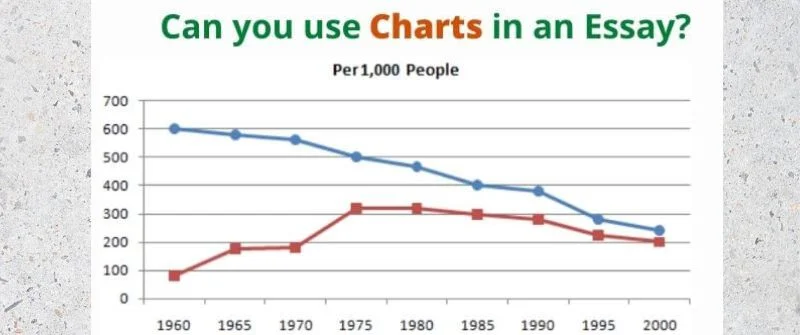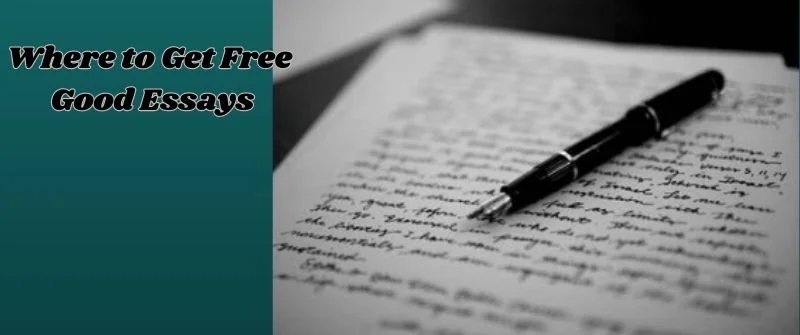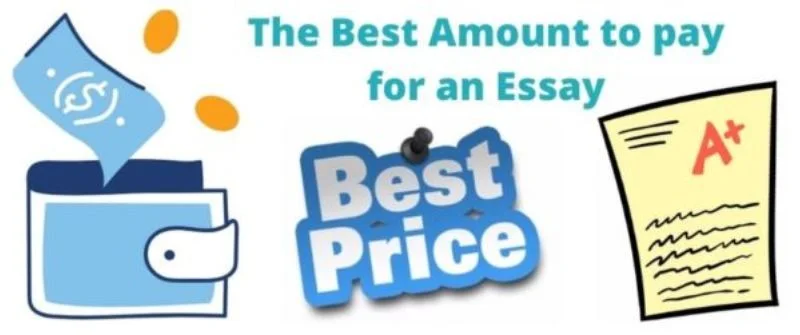Can you ask Questions in an Essay? How to Blend them Well
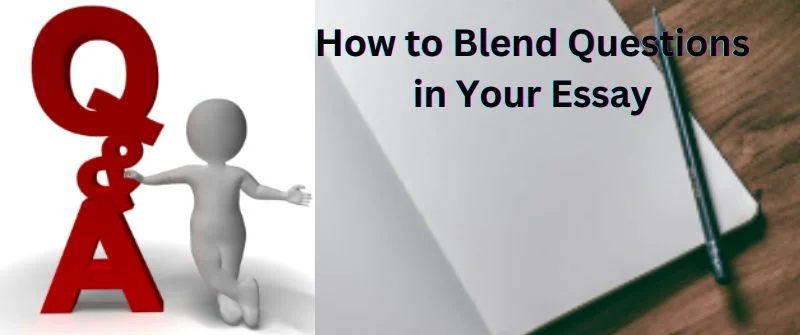
Sometimes when writing an essay, you might have a point or an argument that is best presented through a simple or rhetorical question. In this post, we explore questions that can be asked in essays. We expound on the tips to follow when asking questions in an essay and how to do it.
For those who need personalized help writing essays with questions, we have a team of expert essay writers who can guide you further or even write the whole assignment for you. Just check out that page. However, read on if you want to handle it yourself.
You must provide a satisfactory answer whenever you ask questions in an essay. If you cannot answer it, you must explain why the question cannot be resolved effectively.
Can you ask Questions in an Essay?
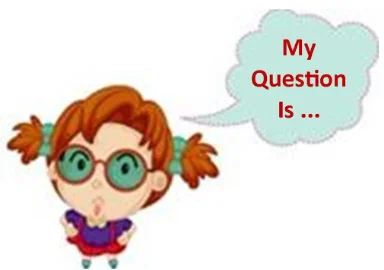
In academic writing, it is preferable to specify your research question as you start your paper and address it in the conclusion.
The question should not be so dramatic to spark interest among readers.
The question should be specific and as simply answerable as possible. The questions you consider using in your research should not in any way confuse readers.
Ideally, you can ask questions in an essay, provided they are relevant and add value to the arguments of a paragraph.
A question in an essay should always contribute something substantial to the arguments you make in the essay. Questions should not bring idle speculations that may drop the essay’s tone.
Questions are often very debatable and may change with time. Therefore, be sure of the questions you will use. This will help you put across clear and genuine arguments about the question.
As long as you can defend your argument, your critics will have to accept your points even if they are unconventional.
Questions that are not supported by strong existing debates and are mainly set up with the thought of pulling them down, later on, should be followed by a caution. This keeps you safe from attacks by those who may wish to fault your arguments.
Get a Brilliant Essay today!
Let our essay writing experts help you get that A in your next essay. Place your order today, and you will enjoy the benefits.
How to Format a Question in an Essay?
According to the MLA writing format, questions in essays should be formatted as follows:
Use a colon to precede single questions that are contained in a sentence. This is done only if the word that comes before the question is not a verb. Capital letters should be used to start the questions.
Direct questions that are long with internal punctuations that are contained in a sentence should begin with a capital letter and set off with a comma.
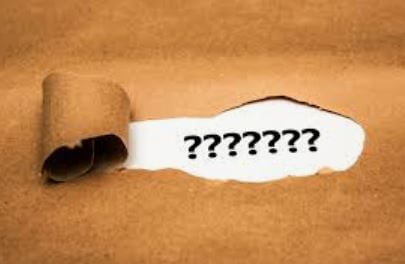
Incorporating questions in sentences should be done correctly to avoid errors that can distort the information in a question.
For questions incorporated in series in sentences, lowercase letters should be used to begin the questions.
These questions in the series are not capitalized because they do not begin with proper nouns and are incomplete.
Complete questions should always start with a capital letter and end with a question mark.
Questions in the APA format are to be formatted as APA requires. This includes using the size 12 Times New Roman font, double-spacing the text, and using one-inch margins.
For question-and-answer essays, use numerals followed by periods to show the position of the question. Hit enter to write the answer and hit enter again after the answer to write the next question.
There is no need to differentiate the answer and the question, for example, by making the question bold.
People Also Read: Are Essay Titles italicized: How to Italicize Words in Essays.
Can you Start or End an Essay with a question?
You can start your essay with a question. Questions have proved to be a good method of getting readers hooked on your essay. They place the reader in doubt.
The reader is likely to mull over the issue rather than have their thoughts contradicted. Questions at the beginning of the essay also let the readers think about the issues discussed in the essay.
This keeps them involved as they go through the paper as well as gives you a nice opportunity to use a different angle to answer the question.
Questions also can excellently introduce striking news. Questions starting an essay should be related to the concept you are writing about.
The questions should be answered in the introduction part. The answer forms the thesis of your essay.
As long as it is used effectively, ending your essay with a question is not wrong. Questions can be used to involve readers and have their say on the topic discussed in the essay.
The question at the end of the essay should reflect on the issues discussed in the essay.
Ways of Ending an Essay with a Question
Concluding your essay can be effective in the following ways:
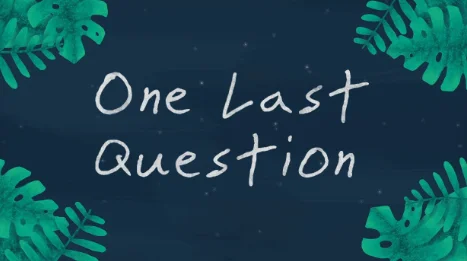
- Questions usually make further discussions possible. Readers can start a discussion and explore more on questions asked at the end of essays.
- Readers will always think and talk about essays that end with questions. They will always try to answer the question posed.
- It is easy for readers to connect and relate with your essay through questions used to end essays because they make the essay more intriguing.
- The questions also bring the reader close to your essay and can earn you some extra credit.
- Choosing a question that relates to your essay helps you easily summarize the ideas you included in your essay and understand them clearly. Readers also are likely to familiarize themselves with the whole concept.
- When you need a reader to remember your essay, using a question to end your essay is one of the perfect strategies. Finishing your essay with a question is a unique element that can help your essay stand out.
Can you use Rhetorical Questions in Academic Writing?
Rhetorical questions have no room in academic writing. Rhetorical questions are not in the third person as academic writing should be.
They are in first-person, which is a big error in academic writing. Academic writing needs to be direct to the point, and there should be no room for posting questions, causing uncertainty, or entertaining the reader.
Suspense is also not allowed in academic writing. This makes the use of rhetorical questions unacceptable in academic writing.
Academic writing should always be informative and is not a form of creative writing.
Need Help with your Homework or Essays?
How to Ask a Rhetorical Question in Essays?
Rhetorical questions in essays can be asked in the following circumstances. When emphasizing a point, rhetorical questions can be used after statements to drive the message home.
Example: Almost 100 million is lost every year in government sponsorships. How much more will we lose in the name of support?
In persuasive essays, rhetorical questions are used to evoke emotions in readers. By managing to do so your essay can be regarded as effective. Example: Isn’t everyone a sinner?
The most important reason rhetorical questions are used in essays is that they serve as the best hooks to grab the reader’s attention. The reader can predict where you are headed in the essay. Example: What is the world without feminists?
Rhetorical questions can be used to bring about a smooth transition in an essay. You can pose a question to emphasize, conclude, or introduce a point.
This is usually a hard skill to master. Example: Do you know that corruption is the main form of misuse of funds? 20% of the national budget was lost to corruption in the previous financial year.
People Also Read: Elements of a Good Paragraph: The Kasen Paragraphing Model
How to Introduce a Question in an Essay?
To introduce an essay with a question, you have to know what you will talk about in the essay. This helps you use a question that fits your essay’s words. Questions that appear in between the essay should connect well with your content.
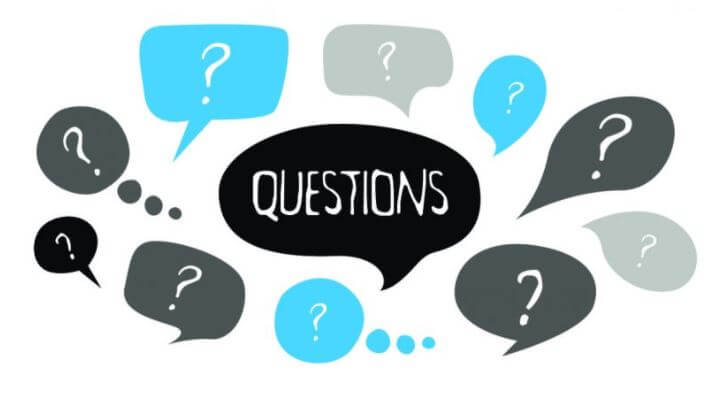
Always have correct answers to the questions you want to introduce in your essay. The questions should make the readers doubt their knowledge of that particular area.
This can include a question with facts and striking facts about the topic involved.

With over 10 years in academia and academic assistance, Alicia Smart is the epitome of excellence in the writing industry. She is our managing editor and is in charge of the writing operations at Grade Bees.


